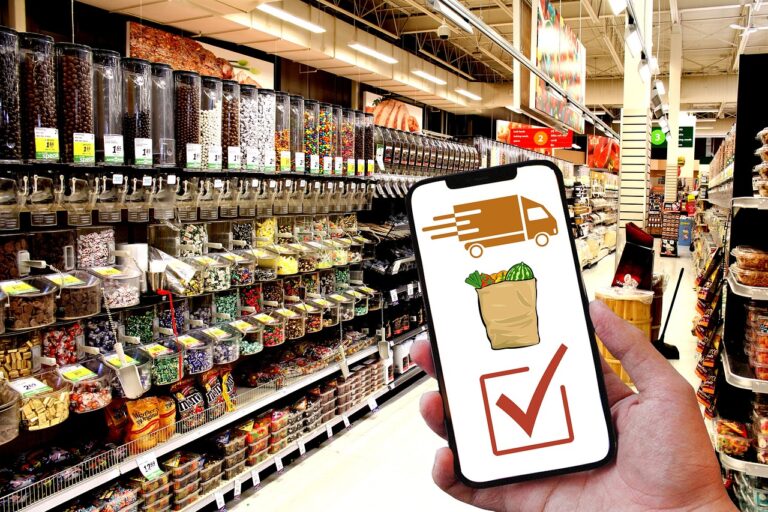Food Industry’s Response to Climate-Resilient Agriculture: Sustainable Practices and Adaptation Strategies
The food industry is facing numerous challenges due to the impacts of climate change. Extreme weather events, such as droughts and floods, are disrupting crop production and leading to shortages in key ingredients. This volatility in the supply chain is creating uncertainty for food manufacturers and retailers, affecting the availability and affordability of products for consumers.
Furthermore, the changing climate is altering growing conditions for crops, impacting their yields and quality. This has put pressure on farmers to adapt their practices and invest in new technologies to mitigate the risks. The increased frequency of pests and diseases in a warmer climate also poses a threat to crop yields, further complicating the production process in the food industry.
Impact of Climate Change on Agriculture
Climate change is posing significant challenges to agriculture worldwide. The unpredictable weather patterns, extreme temperatures, and altered precipitation levels are affecting crop production and livestock management. Farmers are being forced to adapt to these changing conditions by implementing new strategies and technologies to mitigate the impact on their yields.
Furthermore, the increasing frequency of natural disasters such as floods, droughts, and wildfires is also taking a toll on agricultural productivity. These events not only damage crops and livestock but also disrupt supply chains and infrastructure, leading to economic losses for farmers and food shortages for consumers. As climate change continues to worsen, it is crucial for the agricultural sector to prioritize sustainability and resilience in order to ensure food security for future generations.
Innovative Sustainable Practices in Agriculture
Sustainable agriculture practices have gained significant attention in recent years as the need to combat climate change becomes more urgent. Farmers around the world are now increasingly turning to innovative techniques to ensure the health of their crops and the environment in which they grow. One such practice is agroforestry, which involves intermixing trees and crops to enhance biodiversity, improve soil health, and increase resilience to climate challenges.
Another sustainable practice gaining traction is precision agriculture, which utilizes technology like GPS mapping and sensors to optimize the use of resources such as water and fertilizers. By precisely monitoring and targeting inputs, farmers can reduce waste, increase efficiency, and lower their environmental footprint. These innovative techniques are not only beneficial for the planet but also have the potential to improve the productivity and profitability of farming operations in the long run.
Agroforestry involves intermixing trees and crops to enhance biodiversity
Precision agriculture utilizes technology like GPS mapping and sensors to optimize resource use
By monitoring inputs, farmers can reduce waste, increase efficiency, and lower environmental footprint
These practices have the potential to improve productivity and profitability in farming operations
What are some of the challenges faced by the food industry with climate change?
Some of the challenges faced by the food industry with climate change include changing weather patterns, increased pest and disease pressure, and water scarcity.
How does climate change impact agriculture?
Climate change can impact agriculture by affecting crop yields, changing growing seasons, and increasing the prevalence of pests and diseases.
What are some innovative sustainable practices in agriculture?
Some innovative sustainable practices in agriculture include precision farming, agroforestry, and vertical farming.
How can farmers adapt to climate change?
Farmers can adapt to climate change by implementing sustainable farming practices, diversifying their crops, and investing in climate-resilient crop varieties.
What role does technology play in sustainable agriculture?
Technology plays a crucial role in sustainable agriculture by enabling precision farming, monitoring soil health, and reducing water usage through smart irrigation systems.







